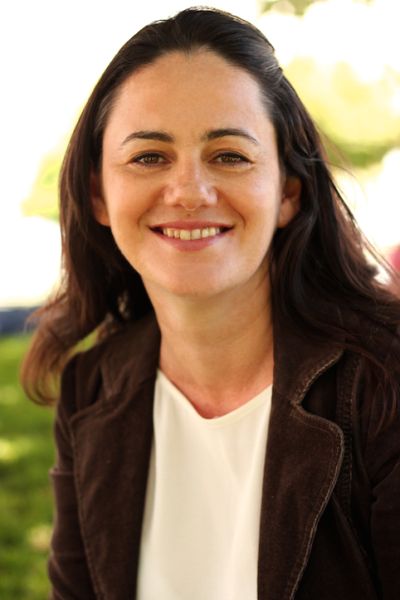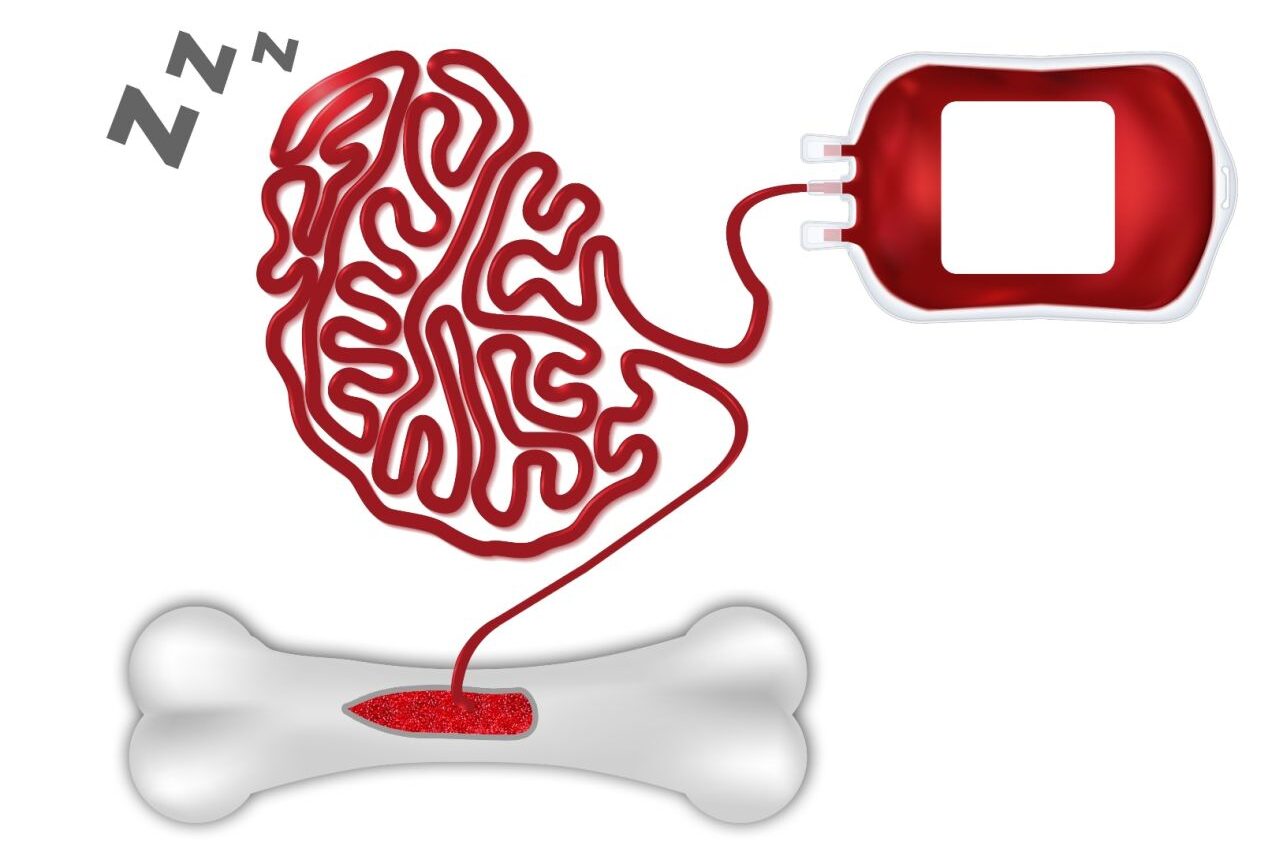If a bone-marrow donor does not get enough sleep before the procedure, it decreases the success probability of the transplant by more than half, according to a newly published study by Assistant Prof. Asya Rolls of the Technion-Israel Institute of Technology’s Faculty of Medicine.
As reported in the journal Nature Communications, the “migration skill” of stem cells is dramatically impaired if the donor sleeps poorly in the four hours before donating the cells.
“Our study was conducted in mice, and therefore it’s still too early to draw conclusions about humans,” cautioned Rolls. “However, the study indicates the importance of sleep in medical procedures.
“It is clear that in critical and particularly complex procedures such as bone-marrow transplants, which require considerable effort in finding a donor and carrying out the treatment, it is important for us to have a very good understanding of the effect of sleep on the success of the medical intervention.”

She and fellow researchers discovered that the stem-cell migration skills in the sleep-deprived mice involved in their study were restored after just two hours of “recovery sleep.”
Rolls suggested that if future human studies confirm her findings, “we will need to think carefully about how to ensure a good sleep — something which is currently difficult to achieve during a hospital stay. This is not an insurmountable obstacle; if we allow the donor to sleep before the transplant, we will increase the chances of success.”
The results of the study are of wide interest in light of tens of thousands of bone-marrow transplants (hematopoietic stem cell transplants) performed each year to treat certain types of cancer. Injected donor marrow stem cells replenish the patient’s circulatory and immune systems by migrating to specialized niches in the patient’s bones and bloodstream.
Rolls said she believes it is reasonable to assume that sleep disorders could have effects beyond the specific field of bone-marrow transplants.
She started the study as a postdoc at Stanford University in California with Dr. Wendy W. Pang of the Institute of Stem Cell Biology and Regenerative Medicine, and continued it at her lab at the Technion, together with graduate student Ben Korin.
Supported by the US National Institutes of Health, Rolls conducted her study in collaboration with researchers at Stanford Medical School including professors Irving Weissman, director of the Institute of Stem Cell Biology and Regenerative Medicine; Luis de Lecea of the department of psychiatry; and Prof. H. Craig Heller from the department of biology.
















